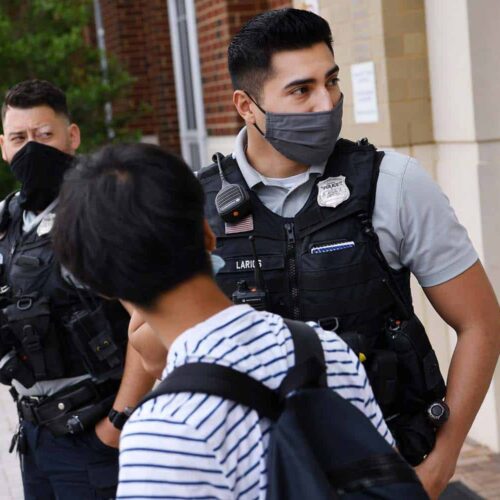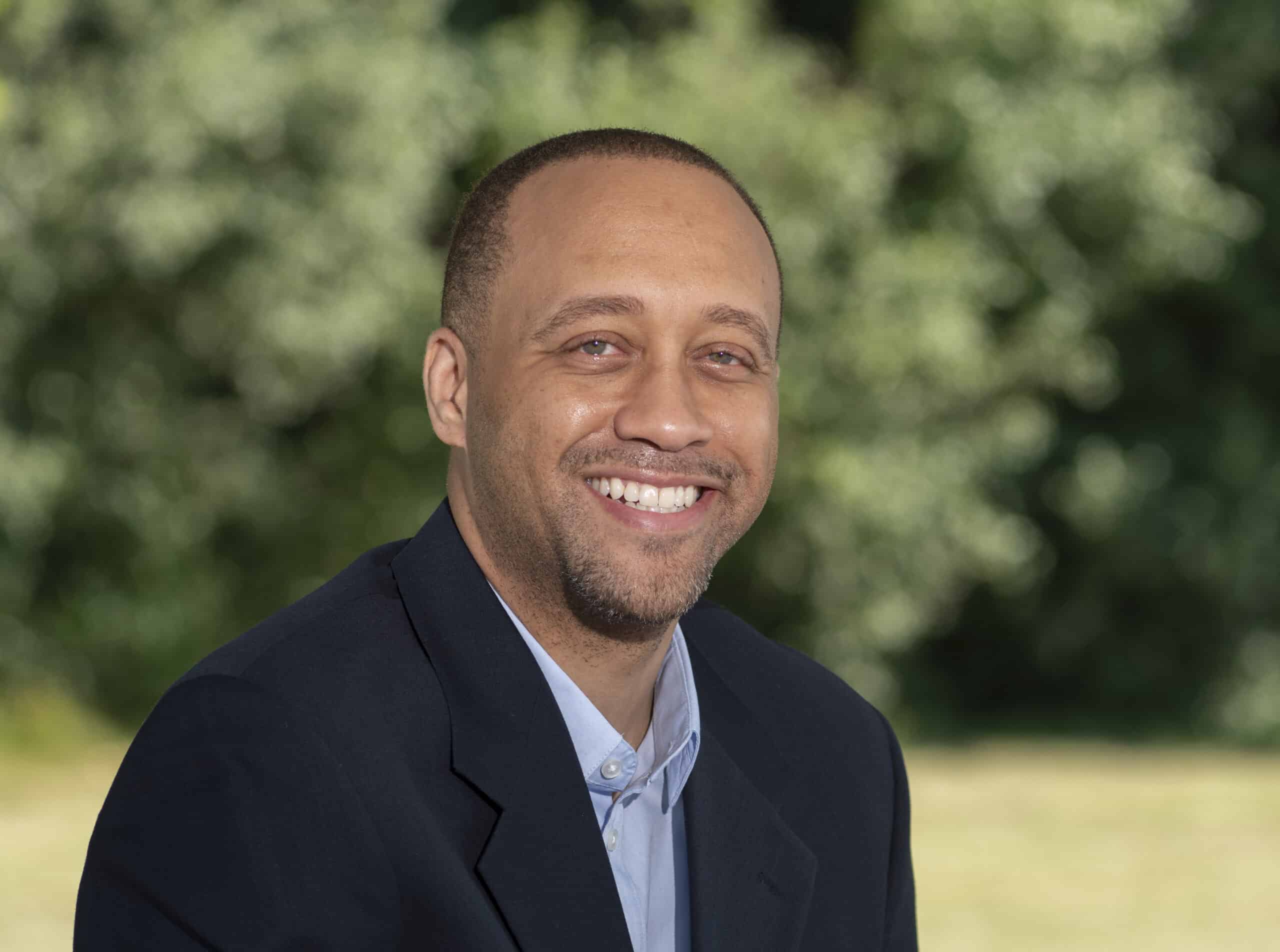Introduction
Virginia Gov.-elect Glenn Youngkin’s promise to add more police officers in schools could have unintended consequences for the state’s children.
New research from the Annenberg Institute at Brown University found that school resource officers can reduce some forms of violence, such as fights and physical assaults.
But those benefits come with tradeoffs: increased absenteeism, especially for students with disabilities, and more suspensions, expulsions, police referrals and arrests that disproportionately affect Black students, the researchers determined.
Furthermore, researchers found no indication that police presence in schools prevent school shootings or gun-related incidents.
The authors stated that their work provides “compelling evidence that stationing police in schools could put at risk other efforts to improve equity in K-12 education.”
Schools in Virginia already refer students to law enforcement at three times the national average, the highest rate in the country, a recent Center for Public Integrity analysis of U.S. Department Education data showed.
The federal government’s definition of “referrals to law enforcement” includes all contact students have with officers that could negatively affect students, including arrests, citations, tickets and court referrals. Those students are more likely to be pushed into the juvenile justice system.
According to the state’s most recent school safety survey, more than 90% of high schools and middle schools have assigned officers or school security guards. Less than half of elementary schools do.
During a mid-October rally, Youngkin, a Republican, said that to keep students safe, he’d pressure districts to have an officer in every school or risk losing millions in state funding.
There is no evidence that crime is rising in schools, but Youngkin tapped into public concern about sexual assault cases in two Loudoun County, Virginia, high schools. Youngkin blamed the assaults on failed Democratic leadership.
In 2020, Virginia passed bipartisan legislation designed to reduce the number of students referrals to law enforcement for minor offenses. It was among the school safety and equity-focused criminal justice and education policies that Youngkin and other Republican candidates targeted for scrutiny.
“The goal was to stoke fear and anxiety among parents and to speak to a certain base,” said state Sen. Jennifer McClellan, a Democrat who sponsored the bill.
Youngkin’s campaign did not respond to requests for comment on his plans.
According to the state’s most recent school safety survey, more than 90% of high schools and middle schools already have assigned officers or school security guards. Less than half of elementary schools do.
“We have been pushing for less police presence, less reliance on police to handle the situations that occur in schools,” said Valerie Slater, executive director of RISE for Youth, a Richmond-based advocacy group. “Everyone doesn’t believe that crime is at an all-time high and we’re all afraid and the only way to keep our kids safe is to add more police. That’s just not true.”
After a Minneapolis police officer killed George Floyd in 2020, school systems across the state and nation re-examined their relationships with law enforcement. Some districts, mostly in Democrat-led big cities and college towns such as Charlottesville, Virginia, canceled their contracts for police services, opting to spend the money on mental health and other student support services. But at least one city has already reversed course and reinstated officers.
In heavily Democratic Alexandria, Virginia, the city council voted last month to temporarily bring police back to the schools, less than six months after pulling armed officers off campuses. Parents and the district superintendent pleaded for the return of officers after several fights and an incident in which a student took a loaded handgun to school.
McClellan said that local school boards and superintendents, not the governor, should decide whether schools need more police.
“Our legislation was intended to address the overcriminalization of children. There were too many children being pushed on the school-to-prison pipeline,” McClellan said. “We’ve come very far in addressing that and we don’t want to take steps back.”
Read more in Education
Criminalizing Kids
A school district defunded police. But it keeps calling them back in.
Milwaukee is wrestling with how and whether to police students in schools. Student advocates have strong opinions about that.
Criminalizing Kids
Students wanted police out of schools. The replacements have guns.
‘We’re targeted because of who we are’: Schools across the country are rethinking police on campus. Two students in Denver explain why they’re pushing for change.




Join the conversation
Show Comments